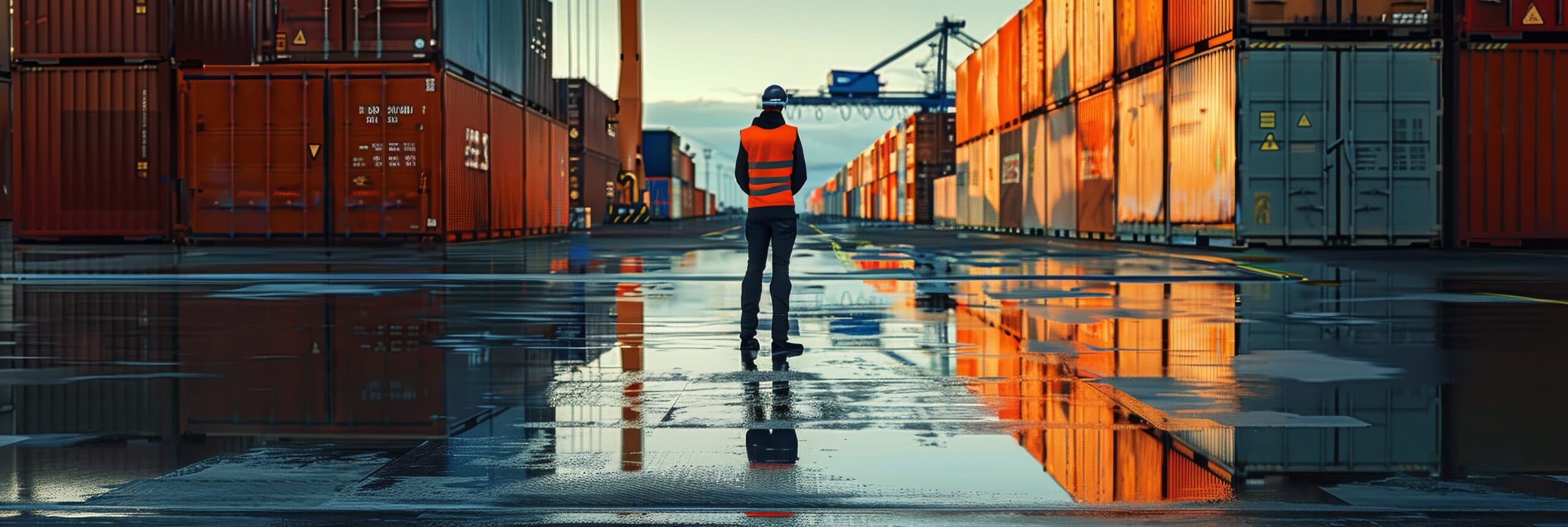How Efficient Customs Clearance Can Boost Your UK Trade Operations

In the fast-paced world of global commerce, the success of your trade operations often depends on one crucial element — efficient customs clearance. Whether you are importing raw materials, exporting finished goods, or managing a complex international supply chain, understanding and optimizing Customs Clearance in United Kingdom can make a significant difference to your business performance.
This blog explores the importance of streamlined customs clearance, its impact on trade operations, and how businesses can ensure compliance while saving time and costs.
Understanding Customs Clearance in the United Kingdom
Customs clearance refers to the process by which goods entering or leaving the UK are officially approved by customs authorities. It ensures that all imports and exports comply with UK laws, trade regulations, and tariff requirements.
This process includes the preparation and submission of documents such as:
- Commercial invoices
- Packing lists
- Certificates of origin
- Import/export licenses
- Customs declarations
For businesses trading internationally, customs clearance is not just a procedural formality—it’s a vital step in ensuring that goods flow smoothly through borders without delays or penalties.
Why Efficient Customs Clearance Matters
Efficiency in customs clearance goes beyond meeting legal requirements. It directly affects your overall trade operations, cash flow, and customer satisfaction. Here’s how:
a. Minimizes Delays
A well-organized customs clearance process prevents goods from being held at ports or border points. Delays can disrupt supply chains and lead to missed deadlines, affecting client relationships and reputation.
b. Reduces Operational Costs
Errors in documentation or misclassification of goods can result in fines, re-submissions, and storage costs. Efficient customs handling reduces these risks and ensures smooth logistics.
c. Enhances Cash Flow
Quicker clearance means faster delivery and invoicing, helping maintain a steady cash flow — a crucial factor for small and medium-sized enterprises (SMEs).
d. Strengthens Compliance
Staying updated with UK customs laws, tariff changes, and post-Brexit trade regulations ensures that your business remains compliant and avoids costly penalties.
e. Improves Customer Experience
For exporters, timely customs clearance ensures on-schedule delivery to global clients — enhancing trust and encouraging repeat business.
Key Components of Customs Clearance in the UK
To achieve smooth and efficient clearance, businesses must focus on a few key elements:
a. Accurate Documentation
All customs procedures depend on documentation accuracy. Even small errors in commodity codes, valuation, or description can cause significant delays. Ensure that all paperwork is consistent and compliant with HMRC standards.
b. Correct Tariff Classification
Each product traded internationally must be assigned a specific Harmonized System (HS) code. This classification determines applicable duties and taxes. Misclassification can lead to overpayment or underpayment of duties, resulting in penalties or audits.
c. Duty and VAT Management
Understanding how customs duties and VAT apply to your goods helps in effective cost planning. Importers may also be eligible for duty reliefs or deferment schemes, which can optimize financial efficiency.
d. Compliance with Trade Regulations
Post-Brexit, the UK has introduced new trade agreements and independent customs procedures. Businesses must stay informed about these regulations to ensure seamless cross-border trade.
e. Use of Technology and Automation
Digital customs platforms and electronic data interchange (EDI) systems have revolutionized how documentation is processed. Leveraging these technologies minimizes manual errors and speeds up approvals.
The Role of Customs Brokers and Specialists
For many businesses, managing customs clearance internally can be time-consuming and complex. Partnering with a licensed customs broker or freight forwarding specialist can simplify the process.
Professionals handle all the documentation, liaise with HMRC, calculate duties, and ensure your goods comply with all UK customs requirements. Their expertise helps businesses focus on core operations without worrying about border compliance.
Post-Brexit Customs Challenges and Opportunities
Since the UK’s exit from the European Union, customs clearance has become more intricate for companies trading between the UK and EU nations. Businesses must now file full customs declarations for imports and exports, comply with new VAT rules, and meet origin verification requirements.
While these changes initially increased administrative burdens, they also present opportunities. Businesses can now explore new global trade partnerships, negotiate better tariffs, and benefit from UK’s independent trade policies.
How Efficient Customs Clearance Supports Growth
A streamlined customs process not only ensures compliance but also creates a foundation for growth:
- Faster Delivery Times: Reduced port congestion and quicker turnaround enhance competitiveness.
- Lower Costs: Efficient documentation and tariff management help control overheads.
- Global Expansion: Reliable customs handling makes it easier to explore international markets.
- Risk Reduction: Professional management minimizes the chances of penalties and disputes.
In essence, businesses that invest in efficient customs clearance processes are better positioned to thrive in the evolving global trade environment.
Building a Reliable Customs Strategy
Developing a customs clearance strategy involves integrating compliance, technology, and expert assistance. Regular audits, staff training, and digital systems can make a substantial difference in maintaining operational efficiency.
Companies like Global Customs Clearance Ltd emphasise the importance of personalised customs solutions tailored to each business’s trading needs. Whether it’s handling import declarations, managing export licenses, or advising on tariff classifications, professional guidance ensures peace of mind and smoother trade movement.
Efficient Customs Clearance in United Kingdom is more than just a logistical necessity—it’s a strategic advantage. By prioritizing accuracy, compliance, and technology-driven processes, businesses can reduce operational bottlenecks, enhance profitability, and build a stronger presence in global trade.With the right expertise and a well-structured clearance approach, UK businesses can navigate border complexities confidently. Partnering with experienced professionals like Global Customs Clearance Ltd can help streamline every stage of the process, ensuring that your goods move swiftly and securely—no matter where your trade takes you.






.png&w=256&q=75)
